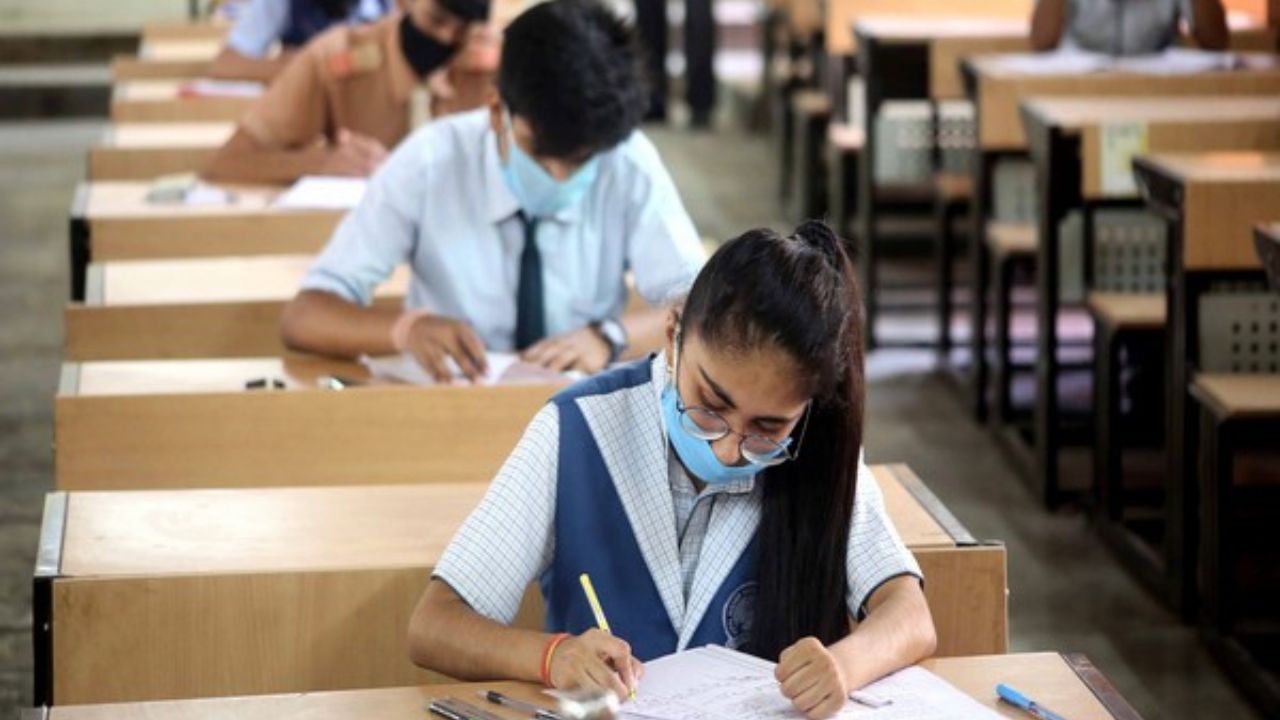- By Ritesh Kumar
- Thu, 22 Feb 2024 12:26 PM (IST)
- Source:JND
The Central Board of Secondary Education (CBSE) proposed that the Open Book Examinations (OBE) be taken into consideration for students in classes 9 to 12 in accordance with the guidelines of the most recent National Curriculum Framework (NCF), according to a report in the Indian Express.
According to the report, CBSE has proposed a trial implementation of open-book tests in selected schools for English, Mathematics, and Science in Classes 9 and 10, and for English, Mathematics, and Biology in Classes 11 and 12, scheduled for later this year. This initiative aims to assess stakeholders' feedback and evaluate the duration students require to complete such examinations.
When the CBSE previously administered an Open Text Based Assessment (OTBA) for the examinations of Classes 9 and 11 for three years, from 2014–15 to 2016–17, unfavorable feedback was received from academicians and the student community.
The trial is scheduled to take place in November-December of this year, after which the CBSE will decide whether it will implement this type of assessment in all of its schools for students in Classes 9 to 12. Moreover, the board has also decided to confer with Delhi University (DU), according to the Indian Express report.
Amidst the COVID-19 pandemic, Delhi University implemented open-book exams despite opposition from students. The university instructed students to provide their own answer sheets, devices, study materials, and sanitisers as a precautionary measure to minimise physical contact.
Also Read: CBSE Gets Nod For New Regional Office And Centre Of Excellence In Dubai From Ministry Of Education
What Is An Open-book Examination?
The purpose of open-book examinations is to evaluate students' higher-order thinking skills by shifting from conventional exam formats. Under CBSE's open text-based assessment (OTBA), students received textual material four months before the examination and were permitted to bring case studies with them during the test. Students are also permitted to refer to their notes or textbooks while responding to questions. This approach encourages critical thinking and shifts away from rote memorisation as the primary means to pass exams.

